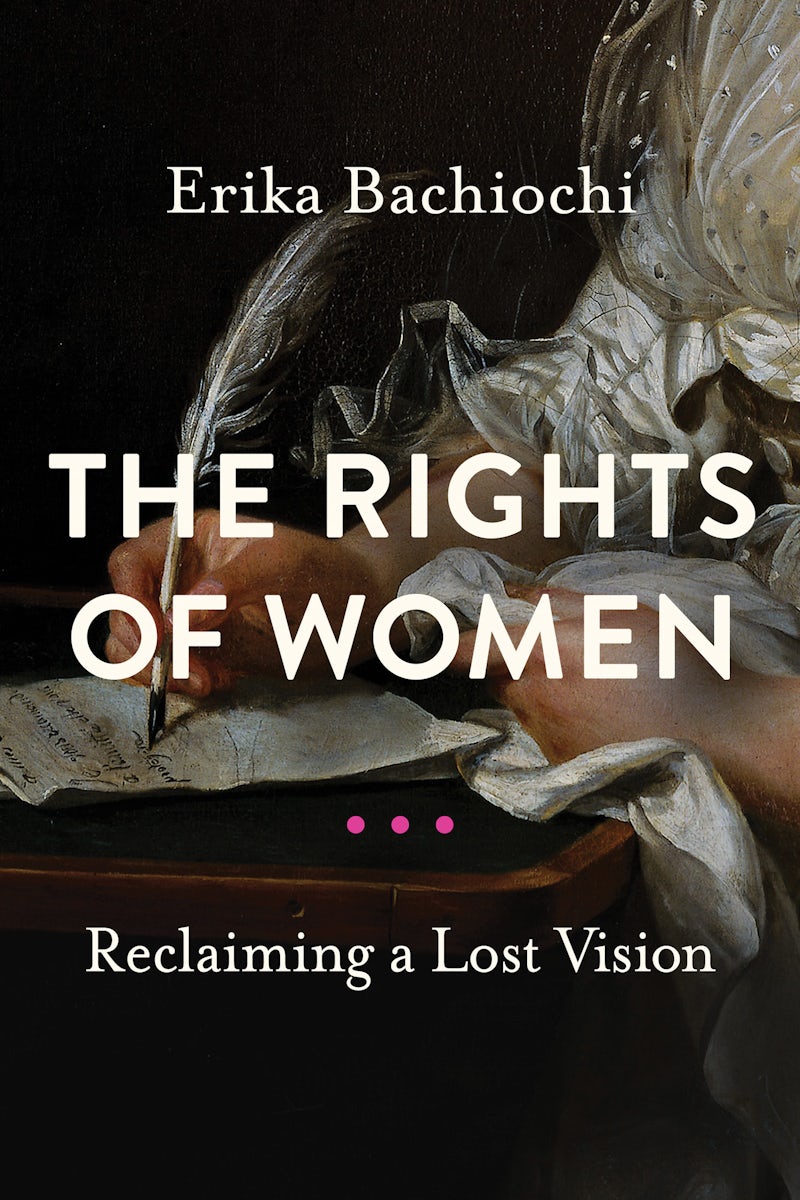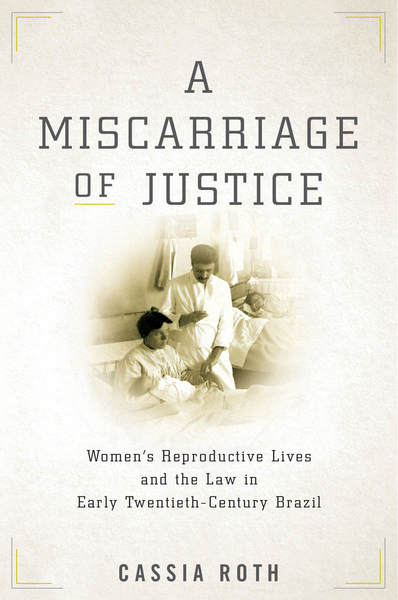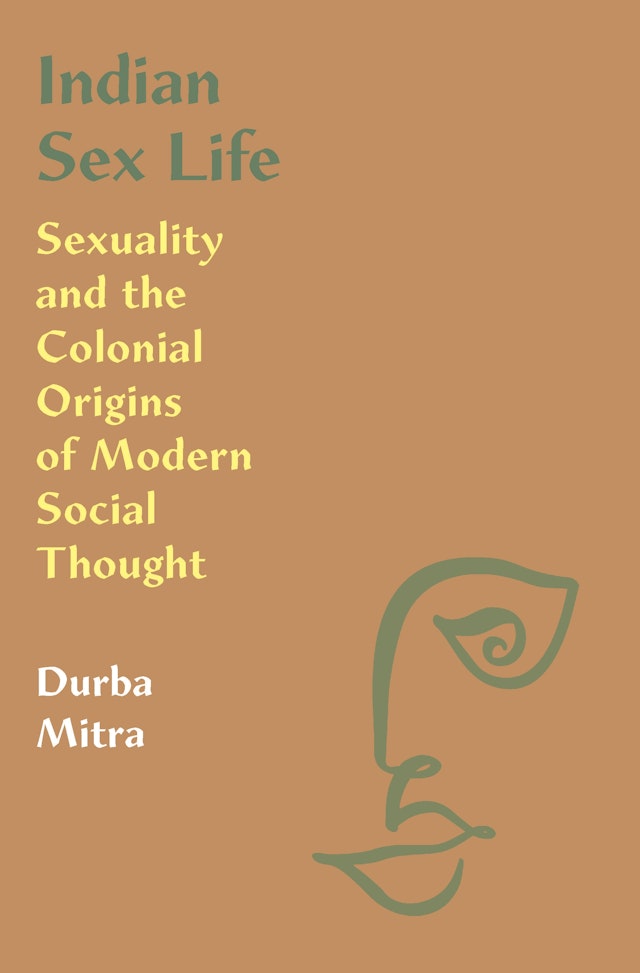Katherine M. Marino (UCLA) published Feminism for the Americas: The Making of an International Human Rights Movement with the University of North Carolina Press in 2019.
From the publisher: This book chronicles the dawn of the global movement for women's rights in the first decades of the twentieth century. The founding mothers of this movement were not based primarily in the United States, however, or in Europe. Instead, Katherine M. Marino introduces readers to a cast of remarkable Latin American and Caribbean women whose deep friendships and intense rivalries forged global feminism out of an era of imperialism, racism, and fascism. Six dynamic activists form the heart of this story: from Brazil, Bertha Lutz; from Cuba, Ofelia Domíngez Navarro; from Uruguay, Paulina Luisi; from Panama, Clara González; from Chile, Marta Vergara; and from the United States, Doris Stevens. This Pan-American network drove a transnational movement that advocated women’s suffrage, equal pay for equal work, maternity rights, and broader self-determination. Their painstaking efforts led to the enshrinement of women's rights in the United Nations Charter and the development of a framework for international human rights. But their work also revealed deep divides, with Latin American activists overcoming U.S. presumptions to feminist superiority. As Marino shows, these early fractures continue to influence divisions among today’s activists along class, racial, and national lines.
Marino's multinational and multilingual research yields a new narrative for the creation of global feminism. The leading women introduced here were forerunners in understanding the power relations at the heart of international affairs. Their drive to enshrine fundamental rights for women, children, and all people of the world stands as a testament to what can be accomplished when global thinking meets local action.
Praise for the book:
“In this valuable contribution to the historiography of social movements in the Americas, Marino chronicles the impact of the women’s movement of leaders from six countries--Uruguay, Brazil, Panama, Cuba, the US, and Chile--in the interwar years . . . Marino successfully demonstrates that this was a vital period in Pan-American relations.”--Choice Reviews
“A brilliant and ambitious new account of the origins of global feminism . . . . Feminism for the Americas reconstructs a radical, transnational, and influential movement for women’s equality and social justice.”--International Feminist Journal of Politics
“The best book on Western Hemispheric feminism in at least two decades. . . . A necessary starting point for anyone contemplating research on inter-American feminism. . . . Marino has given us a masterpiece.”--Hispanic American Historical Review
The book has also won several book prizes, including the Ida Blom-Karen Offen Prize (International Federation for Research in Women's History), the 2020 Luciano Tomassini Book Award (Latin American Studies Association), and the 2020 Barbara "Penny" Kanner Award (Western Association of Women Historians).
Further information is available here.
--Mitra Sharafi









